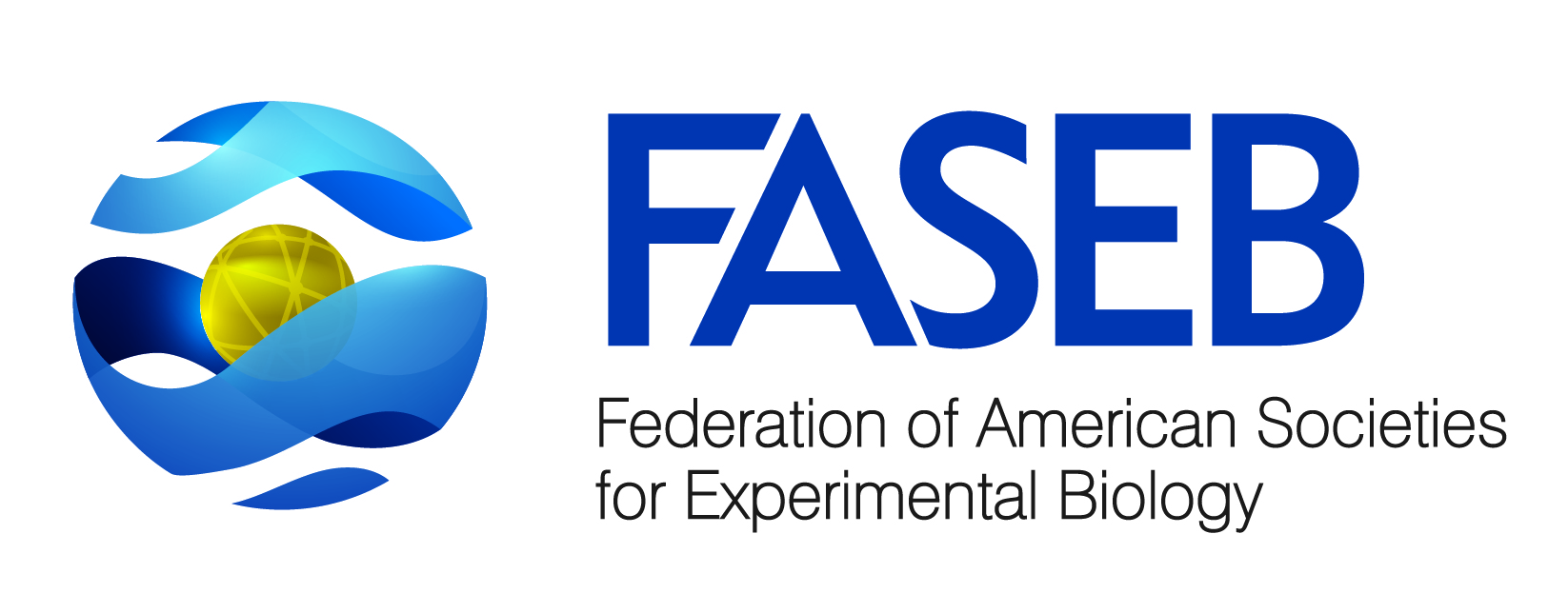EMBARGOED UNTIL Sunday, April 22, 12:30 pm PDT
Newswise — San Diego, CA— Chronic pain affects about 76 million people in the U.S. and carries an economic burden of nearly $100 billion annually. The most frequently used medications, narcotic and non-narcotic analgesic drugs (e.g., morphine, ibuprofen, etc.), do not provide complete or sustained relief of chronic pain. Scientists are currently seeking alternative solutions for chronic pain management.
One possible solution is hyperbaric oxygen (HBO2) therapy, which is the clinical application of pure oxygen at higher-than-atmospheric pressure for limited time periods to achieve beneficial results. The FDA has approved HBO2 treatment for certain conditions such as decompression sickness (the ‘bends’) and carbon monoxide poisoning but not for pain specifically.
Yangmiao Zhang, a graduate student in the laboratory of Raymond M. Quock, Ph.D., Professor of Pharmaceutical Sciences at Washington State University, evaluated whether relief of neuropathic pain could be enhanced by increasing the number of HBO2 treatments. Male rats were injected and tested on their paws for pain thresholds at four different times. Twenty-four hours after the last injection, rats were treated with a 60-minute period of room air (the control), or HBO2. Rats that underwent the most number of HBO2 treatments (four 60-minute treatments) recovered approximately 7 days earlier than rats who received a single treatment.
Quock concluded, “While most other HBO2 pain studies focus on inflammatory mechanisms, we believe that HBO2 also reduces pain by acting in the brain. Studying the mechanism of how HBO2 can reduce neuropathic pain can reveal molecular targets in the brain and possibly stimulate the development of new drugs that act on the same targets for long-term relief of chronic pain.” This research was supported by Washington State University.
About Experimental Biology 2012Experimental Biology is an annual gathering of six scientific societies that this year is expected to draw 13,000-plus independent scientists and exhibitors. The societies represented are: American Association of Anatomists (AAA), American Physiological Society (APS), American Society for Biochemistry and Molecular Biology (ASBMB), American Society for Investigative Pathology (ASIP), American Society for Nutrition (ASN) and the American Society for Pharmacology and Experimental Therapeutics (ASPET).
About the American Society for Pharmacology and Experimental TherapeuticsASPET is a 5,100 member scientific society whose members conduct basic and clinical pharmacological research within the academic, industrial and government sectors. Our members discover and develop new medicines and therapeutic agents that fight existing and emerging diseases, as well as increase our knowledge regarding how therapeutics affects humans.
